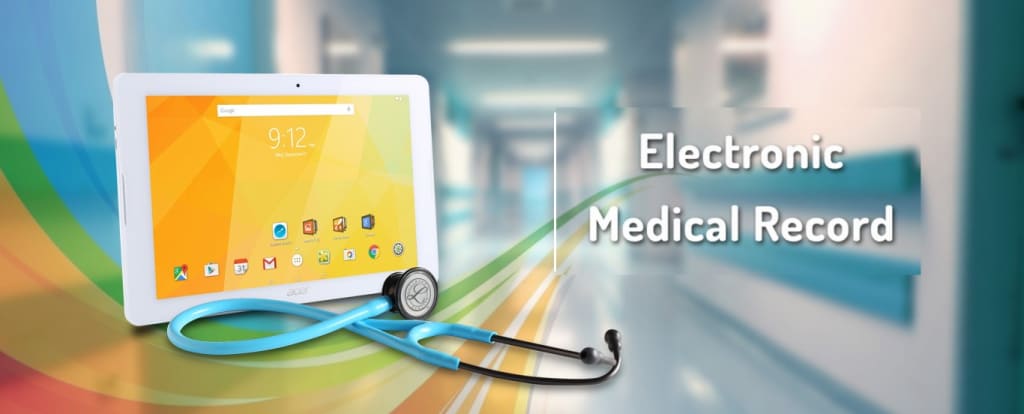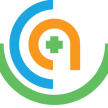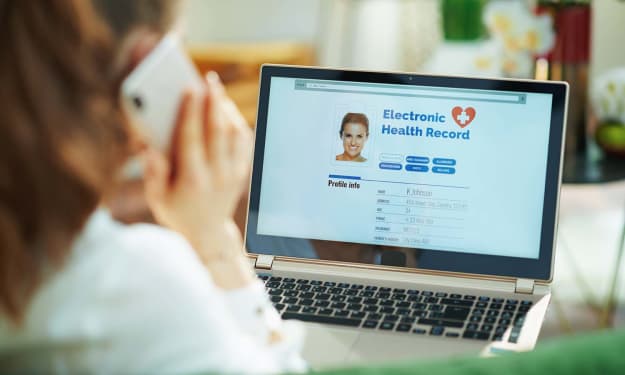The Impact of Electronic Health Record Software on Healthcare Analytics and Reporting
EHR Impact: Accelerating Healthcare Analytics and Reporting

The growing use of Electronic Health Record (EHR) software systems has caused a significant upheaval in the healthcare sector in recent years. These technological advancements have transformed patient information management, accelerated medical procedures, and raised patient security. The power of EHRs to revolutionize healthcare analytics and reporting, however, is one of its most important benefits.
Electronic health records (EHRs) are already a commonplace fixture in the healthcare industry. These systems keep a ton of patient information that may be utilized tremendous enhance healthcare analytics and reporting. Using EHR data for analytics and reporting has several advantages. EHR data is extensive, to start. It contains data about the patient's background, diagnosis, drugs, courses of therapy, and results. This degree of specificity can be used to determine trends, patterns, and correlations that would be difficult to see with other data sources.
EHR data is also current. As soon as new data is entered into the system, it is updated. As a result, real-time analytics and reports may be created, which is advantageous for making rapid choices.
Finally, EHR data is available. It may be shared across many healthcare professionals, which may enhance care coordination. Patients who see many providers for various diseases should pay particular attention to this.
EHR data may be utilized in a variety of ways for analytics and reporting. Utilizing data mining tools to find patterns and trends in the data is a frequent strategy. This data may be utilized to establish new treatment procedures, highlight areas that need improvement, and raise the standard of care.
Using EHR data to generate dashboards and reports that can be used to monitor the performance of healthcare organizations is another strategy. This data may be utilized to spot problem areas and implement modifications that will lead to better results.
Research can also be done using EHR data. This information may be utilized to find illnesses' risk factors, create novel therapies, and get a better knowledge of how diseases evolve.
Analytics and reporting using Best Electronic Health Records Software data are still in their infancy. A rising amount of research, however, indicates that this strategy can have a considerable influence on the standard of treatment. We may anticipate seeing even more inventive EHR systems as they continue to develop.
Examining how these systems have eased data-driven decision-making, improved patient outcomes, and paved the way for a more effective and patient-centered approach to healthcare delivery, let's look into the broad implications of EHR software on healthcare analytics and reporting.
Leveraging Big Data for Informed Decision-making: Software for electronic health records has made it possible to access a sizable database of medical information. A vast amount of clinical and administrative data becomes easily available as medical facilities continue to digitize patient records. Healthcare professionals may now access this gold mine of data with the use of modern analytics tools in order to get insightful knowledge about patient demographics, illness trends, treatment results, and much more.
Healthcare workers may use big data analytics to make well-informed decisions regarding patient care, treatment plans, and preventative measures. For example, EHRs can identify patients at high risk of specific health conditions, allowing providers to implement targeted interventions and improve health outcomes.
Improved Patient Outcomes and Population Health Management: With the help of EHRs' thorough data collection, healthcare professionals can track patients' development over time and spot patterns and trends that would not be seen using more conventional techniques. In order to improve patient outcomes and reduce hospital readmissions, proactive care management and early intervention for chronic illnesses are made possible by this longitudinal data analysis.
By combining data at the population level, electronic Health Record Software Solutions also improves population health management. Public health campaigns may be effectively tailored to fulfill particular requirements by healthcare institutions, which can also identify common health concerns in their areas.
Real-time Reporting for Timely Interventions: Traditional paper-based record-keeping sometimes led to delayed reporting, which made it difficult to make decisions and intervene in a timely manner. EHR software, on the other hand, gives medical staff members immediate access to patient information. Rapid reactions to urgent circumstances are made possible by this capacity, which enables the quick reporting of key test results, prescription interactions, and vital signs.
For instance, the EHR system can warn the attending physician if a patient's lab results show abnormal levels, allowing them to take early corrective action. The danger of medical mistakes is greatly decreased, and patient safety is improved with such real-time reporting.
Enhancing Medical Research and Clinical Trials: The abundance of data kept in EHRs holds great promise for improving medical research and clinical trials. To perform studies on large patient populations, researchers can use anonymised and aggregated EHR data, producing more thorough and varied study results.
EHRs also make it easier to find qualified patients for clinical trials, simplifying the procedure and hastening the evolution of medicine. Clinical trial management systems and research databases can be integrated by EHR software to provide smooth communication between healthcare practitioners and research organizations.
Streamlining Compliance and Reporting: The regulatory environment for the healthcare sector is always changing, as are the reporting demands. Through automated data collection and the creation of precise and thorough reports, EHR software is essential in reducing the burden of compliance.
Electronic Health Records Software for Hospital make guarantee that healthcare businesses can easily satisfy reporting requirements by integrating standardized data formats and coding systems. This decreases the possibility of compliance-related fines while also saving time and money.
Taking on the Challenges of Data Exchange and Interoperability:
Despite the many advantages of EHRs, problems with data interchange and interoperability across different EHR systems still exist. Due to differences in data formats and standards, healthcare practitioners frequently encounter challenges while transferring patient data without interruption to other institutions or experts.
Interoperability standards are being developed by the industry, allowing for more seamless data transmission between EHR systems. The potential for collaborative care, data sharing, and analytics-driven decision-making will be considerably larger if this interoperability is fully realized.
Conclusion
In summary, data-driven healthcare analytics and reporting have entered a new age thanks to software solutions for electronic health records. Software for Electronic Health Records play a crucial role in determining the future of healthcare delivery because of their capacity to harness massive data, enable real-time reporting, and improve patient outcomes. The importance of EHRs on healthcare analytics and reporting will only increase as technology advances and interoperability issues are resolved, which will eventually result in better patient care, lower costs, and better health outcomes for people and populations throughout the world.
About the Creator
AssureCare LLC
AssureCare® is a population health management company, committed to connecting care for payors, providers, and pharmacies.






Comments
There are no comments for this story
Be the first to respond and start the conversation.